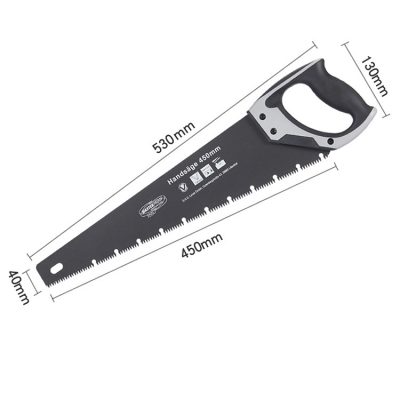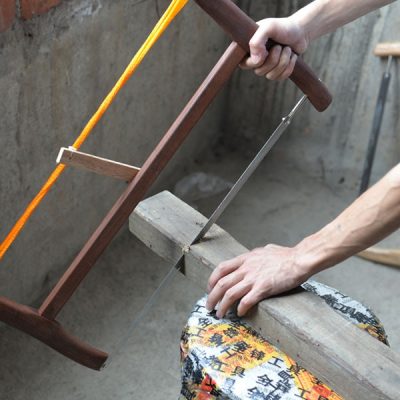Hammers are simple yet versatile tools that offer several advantages across various tasks and industries. Here are some of the key advantages of using hammers:
- Versatility: Hammers come in various types and sizes, each designed for specific tasks. This versatility makes them suitable for a wide range of applications, from construction and woodworking to metalworking and crafting.
- Manual Control: Hammers are operated manually, which gives users direct control over the force, angle, and precision of each strike. This control is particularly useful for tasks that require finesse and accuracy.
- Simple Design: Hammers have a straightforward design, typically consisting of a head and a handle. This simplicity makes them easy to use and maintain.
- Durability: Well-made hammers are built to withstand the rigors of frequent use. They are often crafted from durable materials such as steel, wood, or fiberglass.
- Effective Fastening and Joining: Hammers are commonly used for driving nails, pins, and other fasteners into materials. The impact force they deliver ensures a secure connection between components.
- Removing Nails: Many hammers, especially claw hammers, are designed with a claw on the backside of the head. This claw can be used to grip and remove nails, making the hammer a versatile tool for construction and demolition.
- Shaping and Forming: Hammers are essential for shaping and forming materials. For example, blacksmiths use hammers to shape hot metal, and jewelers use them to work with precious metals.
- Demolition and Destruction: Heavier hammers, such as sledgehammers, are used for demolition work. They can break through concrete, walls, and other tough materials.
- Precision Work: Smaller hammers, such as ball-peen hammers or mallets, are used for tasks that require precision, like shaping metal or driving delicate components into place.
- Low Cost: Hammers are generally affordable tools, making them accessible to both professionals and DIY enthusiasts.
- Portable: Hammers are relatively small and lightweight, making them easy to carry and transport to job sites or workshops.
- Craftsmanship and Artistry: In various artistic and craftsmanship endeavors, hammers are used to create intricate designs, textures, and patterns.
- Symbolism: Hammers are often associated with hard work, craftsmanship, and building. As a result, they can carry cultural and symbolic significance.
- Maintenance and Repair: Hammers can often be repaired or restored with basic tools and materials, prolonging their lifespan and reducing the need for frequent replacements.
- Training and Skill Development: Learning to use hammers effectively requires skill and practice. This can be valuable for personal development and vocational training.
While hammers offer many advantages, it’s important to select the right type of hammer for the task at hand and to use them safely to avoid accidents and injuries.























